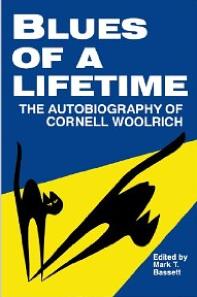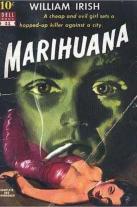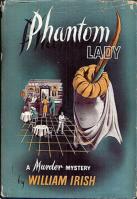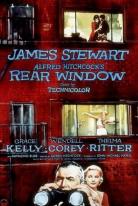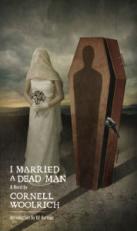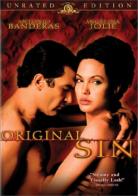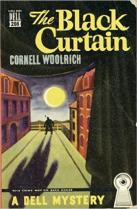|
Here's the issue:
Cornell Woolrich didn't consider his cloistered world all that interesting.
"This sort of life would be fatal to a writer trying to write realistically,"
he said. So he wrote "entertainments", escapist fiction with a dark edge, where
his doomed characters fall inevitably into the abyss that sits unmapped in the
shadows of everyone's mind. Yet Blues of a Lifetime does contain some
Fitzgeraldian flashes of loneliness and pain so that the five episodes do
reveal the measure of the man, how he became a writer, and possibly
why.
Woolrich: exotic
settings (1880s Gold Coast, in his masterpiece Waltz Into Darkness, or
Caribbean, as in Papa Benjamin), voyeurism (Rear Window), low life on the
street (his stories for Detective Fiction Weekly, Black Mask, Ellery Queen's
Mystery Magazine, and other pulps) demarcate his fictional terrain. His mastery
of period jive talk is evident in many of these pulp stories, where the
hard-boiled and the soft collide in criminal stitchups and bizarre blunders.
Innocents are victimized, criminals snake-eyed. In The Dilemma of the Dead Lady
(1936), an American hustler kills a French shop girl, is forced to board an
ocean liner at Cherbourg with her body in a trunk. In Phantom Lady (1942) a man
accused of murdering his wife has only one alibi: a mysterious woman no one
seems to remember even though they saw her with him. A cyanide cigarette, a
cyanide tooth filling, a thousand dollar bill cut in two as an invitation to
murder... Black Widows, dope fiends, the falsely accused, good cops, bad
cops... grifters, hoods, burlesque dancers... hotel clerks, doormen,
managers... jazz musicians, voodoo priests, actors and movie queens... Woolrich
has them all, sometimes cheap and sleazy, often homicidal, all willing to roll
the dice for good or evil, even if it means jumping through a seventh storey
window or putting on the mask and getting strapped into the electric chair.
Perhaps the most
interesting metafiction in Blues is II, Poor Girl (Vera), Woolrich's cruelly
poetic recollection of first love. Student falls for a poor girl down the
street, dresses her up, takes her to a party above her social station where she
becomes a hit, a glamour doll everyone wants to be or get. She then disappears
from her boyfriend's life, and he becomes a tragic pariah to her family. In the
end he discovers she's been siphoned into the underworld, the moll of a
faceless hood in a faceless black sedan.
So much for Vera, so
much for the early dream of Woolrich. The bare essence might remind us of
Maugham's Of Human Bondage or any other student love story. The New York
landscape is real, as are the characters; only the ending is suspect, a
romantic masochism in sketchy relief. Women go to Hell in a black car, and boys
are left to become artists.
IV, President
Eisenhower's Speech, is also very good, not only as a story, but also for the
insight it gives us about what life was like living in a Harlem hotel with his
mother. There are two actions -- Eisenhower's address to the Nation on the
radio, and a fire that's coming up the ventilation shaft -- which work as
contrapuntal symbolisms. As a Cold War metaphor or a straight forward account
of Woolrich's concern for his mother, it tells us a lot about the reclusive
writer's psychology. He's a caring man, both for his mother and the colored
lady who lives just down the hall... and perhaps he's a bit like Eisenhower,
concealing the truth in order to sustain a sense of calm.
V, The Maid Who Played
the Races is a late Woolrich tale, based on his days in the Roosevelt Hotel in
Seattle. It's whimsical, uses the old sit-com bromide of the mistaken
assumption or convenient misunderstanding. The room maid thinks he's a jockey,
has inside tips to offer. He goes along with the charade, not wishing to offend
the aged maid, gives her the name of a horse which -- wouldn't you know it --
wins and brings a nice payout for the maid, who is facing retirement. The
strength is in the telling, not the fairytale of a "writer" mistaken as a
"rider".
|
